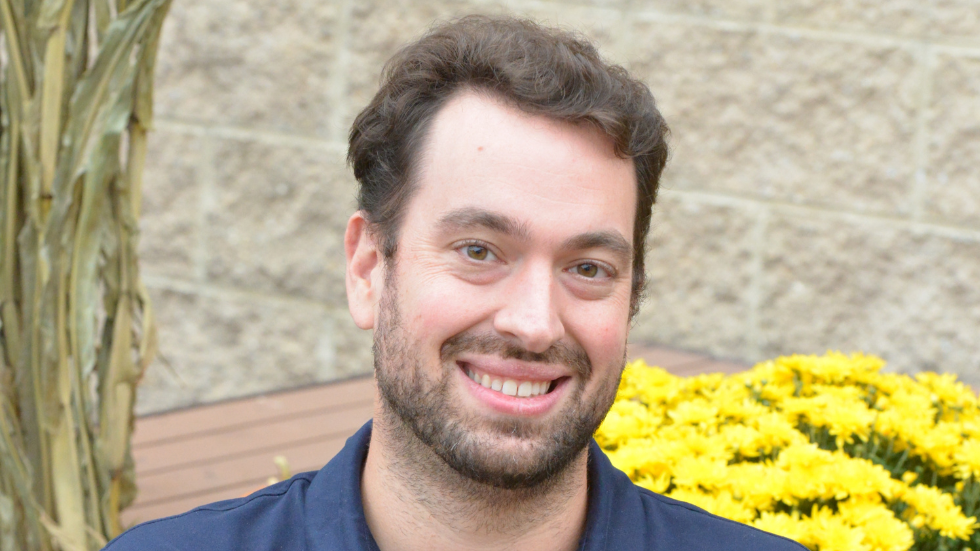Please tell us a bit about your background in education. How long have you been teaching, and what subjects/grades do you primarily teach?
I've been teaching for over 13 years in the Providence Public School District, primarily at E-Cubed Academy. My certification and experience span biology, chemistry, forensic science, and multilingual learner (MLL) support. I currently serve as the Science Department Leader and have a strong focus on fostering scientific inquiry, cross-cultural understanding, and student engagement through hands-on and inquiry-based learning.
How long have you been a mentor teacher for Brown's MAT program? What initially inspired you to take on this role?
I’ve been mentoring MAT students from Brown for several years. What inspired me to take on this role was the opportunity to give back to the field that shaped me, especially as a Brown graduate myself. Supporting new teachers through this pivotal year is incredibly fulfilling, and I see it as a way to contribute meaningfully to both the profession and our local education community.
From your perspective, what sets Brown's MAT students apart? What unique qualities do they bring to your classroom?
Brown’s MAT students consistently bring a strong commitment to equity, reflective practice, and a willingness to grow. They are intellectually curious and come in with a collaborative mindset, ready to adapt and co-construct learning experiences with students. Their diverse academic backgrounds and strong foundation in pedagogy elevate the classroom environment and challenge me to reflect more deeply on my own instruction.
How does having an MAT student in your classroom impact your own teaching practice or perspective?
Mentoring an MAT student brings a fresh lens to my practice. It keeps me grounded in the “why” behind my choices and pushes me to articulate the nuances of classroom decision-making. The presence of a student teacher also encourages co-planning, co-teaching, and deeper reflection on equity and student voice—ultimately enhancing the experience for everyone in the room, myself included.
How do you see the Brown MAT program and the role of mentor teachers contributing to the local schools and the broader Providence education community?
The MAT program plays a crucial role in preparing thoughtful, well-trained educators who understand the local context. Many of them stay in Providence or Rhode Island, contributing to school communities that need stable, passionate teachers. As mentors, we act as bridges between theory and practice, helping shape the next generation of educators who are responsive to the diverse needs of our students.
In your opinion, what is the most important piece of advice you could offer to someone considering becoming a teacher today?
Be patient—with your students, yourself, and the process. Teaching is about continuous growth, and no two days are ever the same. Stay grounded in your purpose, remain flexible, and build strong relationships. The work is hard, but it’s also transformative—both for your students and for you.
